As if a person gets the choice. But anyway, Benjamin Wilmot, born in 1589 in Aylesbury, Buckinghamshire and his wife Ann Ladd (b 1593) are my 8th great-grandparents. 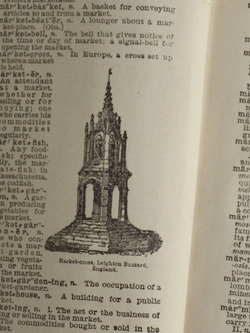 Once they crossed the ocean blue, they settled in the Massachusetts Bay Colony and then moved to the newly formed New Haven Colony, probably to be closer to their son and his family. Benjamin is recorded as taking an oath of fidelity there 2 May 1646. It's not necessarily the upright citizens whose stories appeal to me. Instead, an unhappy marriage in this distant and alien time is the thing that caught my imagination. One of Benjamin and Ann's kids, my great-something Aunt Ann, married a man named William Bunnell in Watertown, Massachusetts Colony. Although he stood for jury duty in September of 1630, William doesn't look like a successful addition to the Colony. He didn't build on the land given him, and he couldn't seem to make ends meet. These early Colonies included a stout social safety net: an allowance was paid out in support of William Bunnell's three children when William fell on hard times. And then, in 1646, he asked the authorities for a shot in the arm so that he could have a new set of threads when he returned alone to England. They agreed to give him 30 shillings or some such as he left. The safety net also ended up being a bit of a cage: The Massachusetts Colony needed for Aunt Ann and the children –– left without means –– to be claimed by a responsible man. Someone like her father Benjamin Wilmot over in New Haven Colony.
New Haven included about fifty households (1,000 or so people) by 1640-ish, and I imagine each one of those households knew all about old William and poor Ann. The government was small, personal, and specifically religious. Morality was not a private affair. Imagine how claustrophobic that cozy little town might have been for a family on the down side of luck.
According to the town records, this decision "which, if it could be attained, might free the Towne from some charge, though they made some present disbursement for his passage and other necessaries for him, and understanding a vessel at Milford is bound for Newfoundland ordered that the Townsmen and Treasurer should treate with them for his passage thither, and Agreed of some course how he may be sent from thence to old England where he saith he hath some friends to take care of him." *
Here's your hat and what's your hurry...and William Bunnell fades from the pages of history. His children (cousins of my ancestors) went on to multiply and (mostly) prosper. *Lazy scholarship, I quote this passage from the Ancient Records Series of the New Haven Historical Society 1649- 1662, edited by Franklin Bowditch Dexter, Volume 1 and the Vital Records of New Haven as cited by William R. Austin in his profile of William Bunnell/Bonnell from The Bunnell/Bonnel Newsletter, Vol 1, No 1, January 1 1987, p 3-5. Here's the weblink. More resources: http://www.newenglandhistoricalsociety.com/way-more-than-the-scarlet-letter-puritan-punishments/ teachersinstitute.yale.edu/curriculum/units/2003/2/03.02.04.x.html
3 Comments
Your option was Church of England or nothing, and being an agnostic or atheist was heretical. Heretics were all too regularly burned at the stake.
So when a group of folks wanted to "purify" the Church of England by focusing on reading the Bible and doing good rather than supporting a centralized church, they had limited choices. They could try to reform from inside the church (and keep their heads down!) or they could leave England.
Puritans established a society built on their own religion. The Bible didn't have trial by jury? Well then, neither would New Haven Colony. A sea-captain came home from sea after a few months and greeted his wife with a kiss –– and the Colony government (known as "The Town") stuck them both into stocks for their shameful display of fleshy affection.
The Puritans forbade religious diversity. The Massachusetts Bay Colony put Quakers to death. Quakers! Tortured and hanged, including the Quaker martyr Mary Dyer. Puritans even banned the celebration of Christmas. To be fair, I should note that some Colonies were formed with the spirit of tolerance built right in, like the Rhode Island Colony. Founder Roger Williams not only believed in religious freedom (with no tax dollars!) and he felt that taking land from the Natives without paying for it was not quite morally right. Heartening news, that. So meanwhile, back in Merry Olde England, the religious conflict deepened and developed into the English Civil War, 1642-1652. Oliver "Bad Haircut" Cromwell lead the Roundheads against the Royalists of King Charles I. Cromwell won; Charles was beheaded. There was a short-lived British Republic. Republican rule in England meant that fewer Puritans felt the need to move West. Some early Colonial settlers even shipped back to England in the 1640's and 1650's.
Here are a few of the resources I used in researching this blog:
www.womenofthehall.org/inductee/anne-hutchinson/ www.history.com/news/when-massachusetts-banned-christmas esoterx.com/2015/03/05/the-great-ship-of-new-haven-phantoms-puritan-hippies-and-the-reformation/ dunhamwilcox.net/ct/new_haven1.htm winthropsociety.com/doc_higgin.php winthropsociety.com www.historic-uk.com/HistoryUK/HistoryofEngland/oliver-cromwell/ www.bbc.co.uk/history/historic_figures/charles_ii_king.shtml bcw-project.org/timelines/ www.digitalhistory.uh.edu/era.cfm?eraID=2&smtID=4 avalon.law.yale.edu/17th_century/mayflower.asp www.catholic.com/tracts/the-inquisition thehistoricpresent.com/2008/07/02/why-the-puritans-persecuted-quakers/ www.history.com/topics/mayflower www.bbc.co.uk/religion/religions/judaism/history/350.shtml http://www.history.com/topics/mayflower www.history.com/news/5-things-you-may-not-know-about-the-pilgrims www.historytoday.com/blog/news-blog/geoffrey-robertson/remembering-regicides-350-years
So there are presently two foils extending from the sides of the boat. They resemble the tipped wings of some airplanes.  To put them in, the fellas first cut a pair of holes in the sides of the boat and then fitted them with daggerboard trunks from an A-Cat. Why yes, it does seem ironic to cut holes into the hull of a boat that was a good floater. But progress is not made without some revolutionary thinking. When the team chooses not to use the foils, they can seal off these slots with a strip of tape. Good old duct tape would do, though they are more likely to use Insignia sail tape. A few test-runs (thanks to guest test-pilots Bill Wingrove, John Paulson, Ben Givens, and Dave Clement) to adjust the angle of attack, and poof! The bow lifts to reduce wetted surface and make Spawn a more stable creature.
The team will take to the water this coming weekend for a longish trial. Crossing fingers for good sailing weather. Holding my blogging blah blah in the interest of NaNoWriMo (don't ask, my word-count is pathetic, but I am churning along...). Instead, to mark my mourning of the loss of this national treasure, a couple of the songs that might not get played from this guy.
Because I'm some thousand words deep into NaNoWriMo, and in lieu of writing practice, I give you...Russell Crowe. Gaze into his eyes and I believe a story will write itself.
The "fun size" candies start coming home as early as mid-September. I'm a sucker for a good deal, and it's appealing to load up on the cornucopian selection of kid-sized chocolate bars in the grocery store. Probably a signifier for an under-served childhood. And without fail, the supply fails to meet the trick-or-treating demand. Somehow, we find ourselves in a darkened house with only three or four dejected-looking candies lurking at the bottom of orange plastic jack-o-lantern when the sun sets.
And with this annual candy ritual complete, we mark the halfway point of the football season. Followed rapidly by the slightly panicky realization that the Earth has nearly completed its annual circuit.
|
About the Blog
A lot of ground gets covered on this blog -- from sailboat racing to book suggestions to plain old piffle. FollowTrying to keep track? Follow me on Facebook or Twitter or if you use an aggregator, click the RSS option below.
Old school? Sign up for the newsletter and I'll shoot you a short e-mail when there's something new.
Archives
June 2024
Categories
All
|
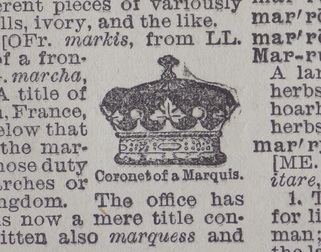
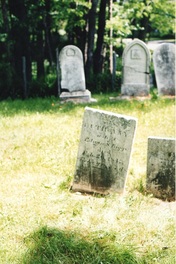


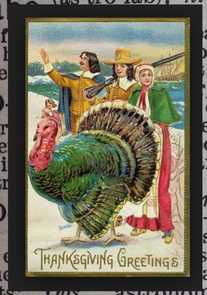
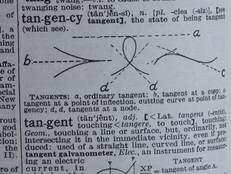
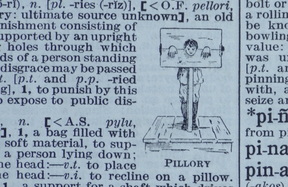

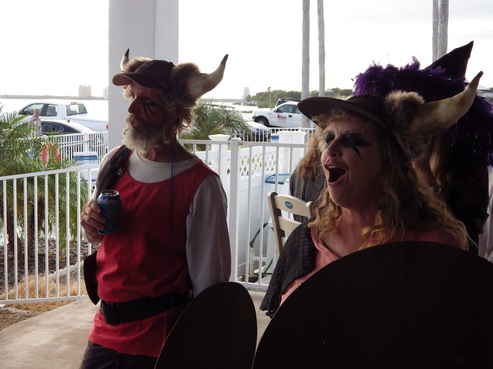
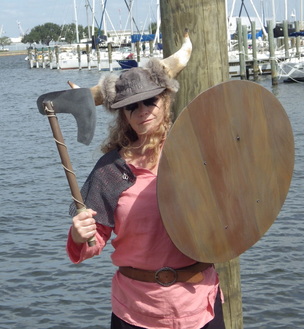
 RSS Feed
RSS Feed
